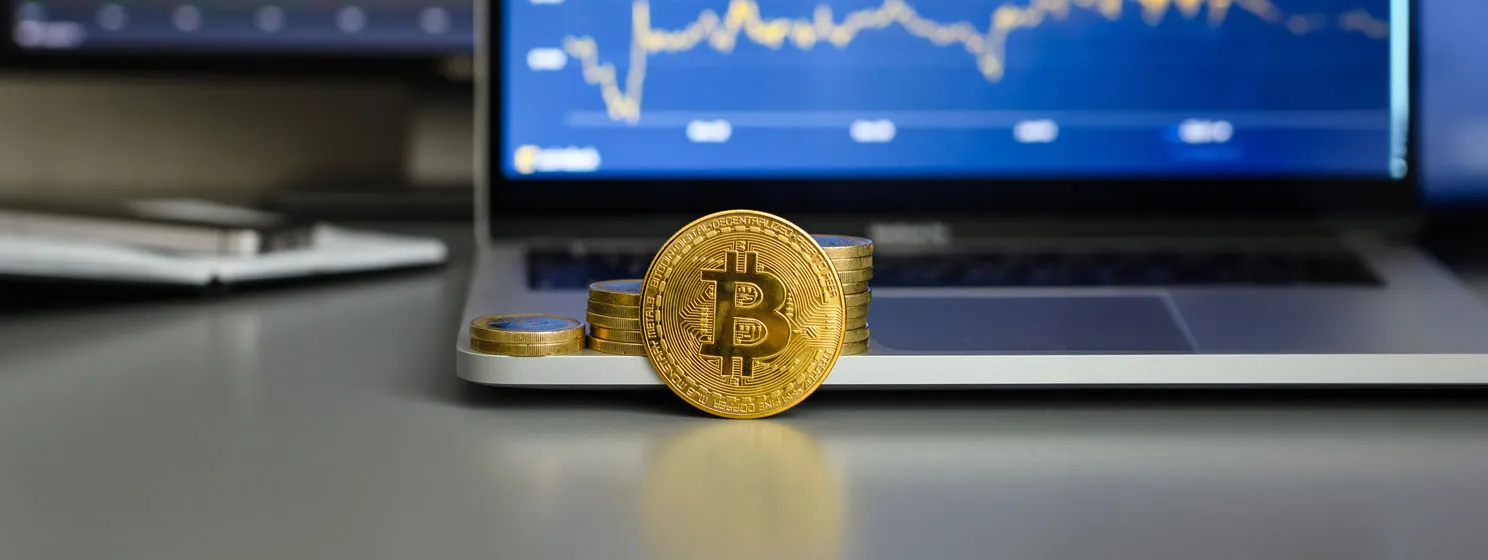|
Getting your Trinity Audio player ready...
|
The war on cash continues to be a hot talking point in Australia, as a controversial bill to ban cash payments of over A$10,000 (US$6,900) was discussed in the Senate recently between regulators and government officials.
The proposed bill that has not yet passed as law, would make it illegal for Australians to make cash payments above A$10,000 for any goods and services, pushing them onto the use of electronic methods and impose two-year jail sentences with fines of up to A$25,200 (US$17,400) if they don’t comply.
Australia’s financial intelligence regulatory AUSTRAC has oversight of over 15,000 registered reporting entities which includes financial institutions, bullion dealers, digital currency providers, and gambling agencies. AUSTRAC provide a risk-based framework (AML/CTF Act) to these reporting entities, which are required to report any transactions over A$10,000.
However, the regulator does not have any visibility of cash transactions. AUSTRAC want to push any private cash purchases over A$10,000 into the electronic financial system to be able to track and prevent money laundering and counter terrorist financing.
There are suspicions that this proposed bill has less to do with the monitoring of crime amongst regular citizens and rather towards the push of bail-in bank deposits in preparation for negative interest rates from global institutions like the International Monetary Fund (IMF) to prop up the failing financial system.
If the problem is genuinely geared towards solving the lack of visibility in the cash black economy, the Senate has raised a concern that forcing all Australian people away from cash and through the banking system, may in turn push unlawful criminal activity into alternative methods like cryptocurrencies.
“As a result of this bill, if it sends people into the digital cryptocurrency domain, will we find ourselves in a situation is all we do is that we drive criminals to another place that you do not have much visibility over?” Senator Rex Patrick laid forth the question to the regulator.
“Displacement is always a risk,” Kathryn Haigh, National Manager Legal and Policy of AUSTRAC, said. “AUSTRAC does not regulate digital currency itself, what we have done since April 2018 is regulate the digital currency exchanges.“
Whilst there is still debate and uncertainty about how to handle the traceability of cash, what is most surprising is that the use of cryptocurrencies is still seen as a less viable alternative by government officials and regulators. It goes to show that the revolutionary blockchain technology that was introduced over a decade ago under the pseudonym ‘Satoshi Nakamoto’ is still misunderstood. The intention for this invention was for it to be used as a single, public and global ledger that retains the privacy that cash offers to users without anonymity, and yet offers far more traceability and auditability as every transaction is recorded and publicly available. This provides the ability for transactions to be traced if it is deemed that an investigation is required for any suspicious activity.
It is apparent that this is still very much misunderstood from government officials and regulators. It is also a key indicator on how far away we are from adoption from these large entities who would serve to benefit from the use of this technology most due to the transparency and efficiency it would provide.
This provides a great opportunity for education on the matter, presenting the benefits of how this solves the problems today to the regulators that want to have full visibility of all transactions, whilst also presenting this to the opposing argument of users that their privacy, civil rights and financial sovereignty remains intact with hard, sound and honest money that removes power from central authorities and aims to hold everyone equally accountable.
Bitcoin (BSV) remains a legal chain of digital signatures that provides an immutable evidence trail of all transactions tracing back to the genesis block mined on January 3, 2009. These transactions will still have the same legal properties in 2009 as it will in a century from now as they cannot be altered.
The global and distributed blockchain ledger continues to deliver the promise to provide more fungibility, honesty, privacy and traceability that far exceeds the limitations that the financial system faces today. This rules out the use of other blockchains that have come into existence in recent years that have tried to imitate Bitcoin, but have fallen short as they have failed to understand that the incentive based model of Bitcoin only works if it is used by all as the global blockchain, secured by Proof of Work mining incentives, remains private but not anonymous, and the preservation of a stable protocol that ensures that power is removed from any central authority.

 07-09-2025
07-09-2025 





